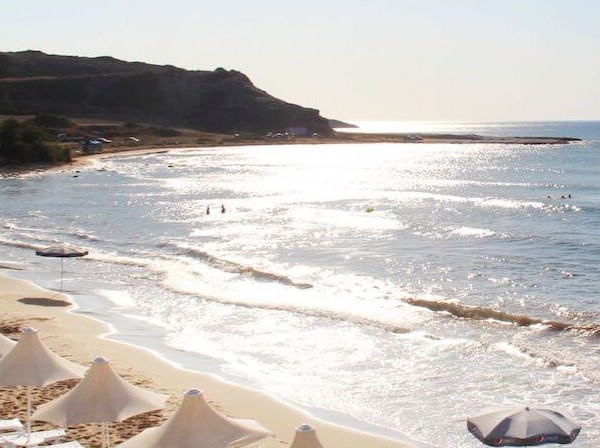Financial advantages of TRNC regions

Tax incentives.
The republic offers a favorable tax system, with no corporate tax or environmental taxes, and an income tax rate of only 6%. This makes the country attractive to international companies and citizens seeking to minimize their tax expenses. The absence of capital gains tax on investments and inheritance also contributes to a favorable business environment. The region does not have double taxation agreements with other countries, which allows for income without a tax base and enables businesses to effectively manage their international operations and optimize taxation through reinvestment of capital in the business. This advantage makes it possible to buy real estate at the lowest price of €160,000 for a 1+1 apartment (euro-two-room apartment) with an interest-free installment plan for 4 years, of which 1 year is paid before receiving the keys and 3 years after receiving the keys, with the possibility of renting out the property and paying the installments with rental payments after receiving the keys.
Prices for renting apartments (1+1) in 2025.
Iskele (Tricomo): from 1,500 to 1,800 euros per month; Girne (Kyrenia): from 700 to 1,000 euros per month; Lefkoşa (Nicosia): 600-800 euros per month; Famagusta (Gazimagusa): 550-700 euros per month. On average, property rental costs €120 per day for a 1+1 apartment (one-bedroom apartment) based on the summer season, which lasts 8 months with 24 days of occupancy per month, and the spring season of 4 months at €1,200 per month.
Villa rental prices in 2025.
Iskele (Tricomo): from €2,500 to €4,000 per month; Girne (Kyrenia): from €2,000 to €3,500 per month; Lefkoşa (Nicosia): from €1,000 to €2,000 per month; Famagusta (Gazimagusa): from €1,500 to €2,500 per month. Average daily rental rates are €350-450 per day in summer and €180-220 per day in winter.
The average rental yield is 14%.
In 2025, the average rental yield in Iskele (Tricomo) reached 15-18% per year, and in Girne (Kyrenia) – 9-11% per year. This is due to high demand for rentals among students. In 2025, rental prices, especially in Girne (Kyrenia) and Iskele (Tricomo), rose by 3.4%, which led to an additional increase in tourist traffic, as well as an influx of foreign investors who purchase housing for rent.
Economic growth of the Republic.
TRNC's economy in 2025 is showing significant growth against the backdrop of recovery from the pandemic, ongoing geopolitical processes in the world against the backdrop of national and economic internal security in four key areas (financial, emotional, physical, and environmental security) and the active development of key sectors such as tourism, construction, financial services, and technology. In particular, GDP growth was 4.5%, which is higher than the European average. This was facilitated by the overall level of the technology sector in the country. The development of the technology sector here began in recent years and is actively gaining momentum. The government offers various tax incentives and grants for technology companies, which helps attract investment and develop start-ups. The number of technology start-ups increased by 25% in 2025.
The future prospects for the region's development lie in economic and investment planning, which depends on the following criteria:
Long-term growth of the real estate market. Over the next five years, TRNC plans to increase investment in real estate by 25-30%. Due to demand from foreign buyers, especially from Europe and Asia, real estate prices will continue to rise, especially in the regions of Iskele (Tricomo) and Girne (Kyrenia). These areas will be the main drivers of market growth, increasing the country's investment attractiveness.
Investments in infrastructure and transport. The government plans large-scale investments in transport infrastructure, including road expansion and port and airport development. These projects are expected to stimulate economic growth by 5-7% annually and create favorable conditions for business.
Development of the education sector. By 2026, the region plans to increase the number of international students by 30%. This opens up prospects for investment in private educational institutions and student real estate. The Famagusta (Gazimagusa) and Lefkosia (Nicosia) areas are already actively developing new campuses and educational centers.
Eco-tourism and agribusiness. The island is focused on developing eco-tourism and agribusiness. There are plans to increase investment in environmentally friendly projects by 20% by the end of 2025, including the development of eco-farms and green tourism facilities. The Carpathian Peninsula and mountainous areas will become the main attractions for this segment.